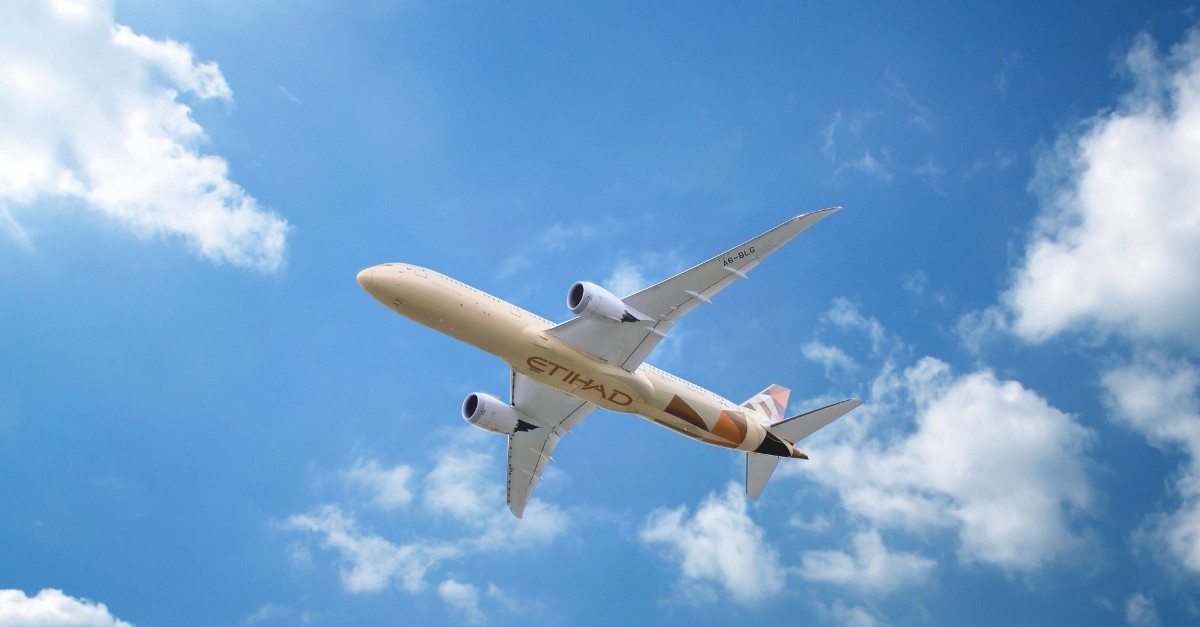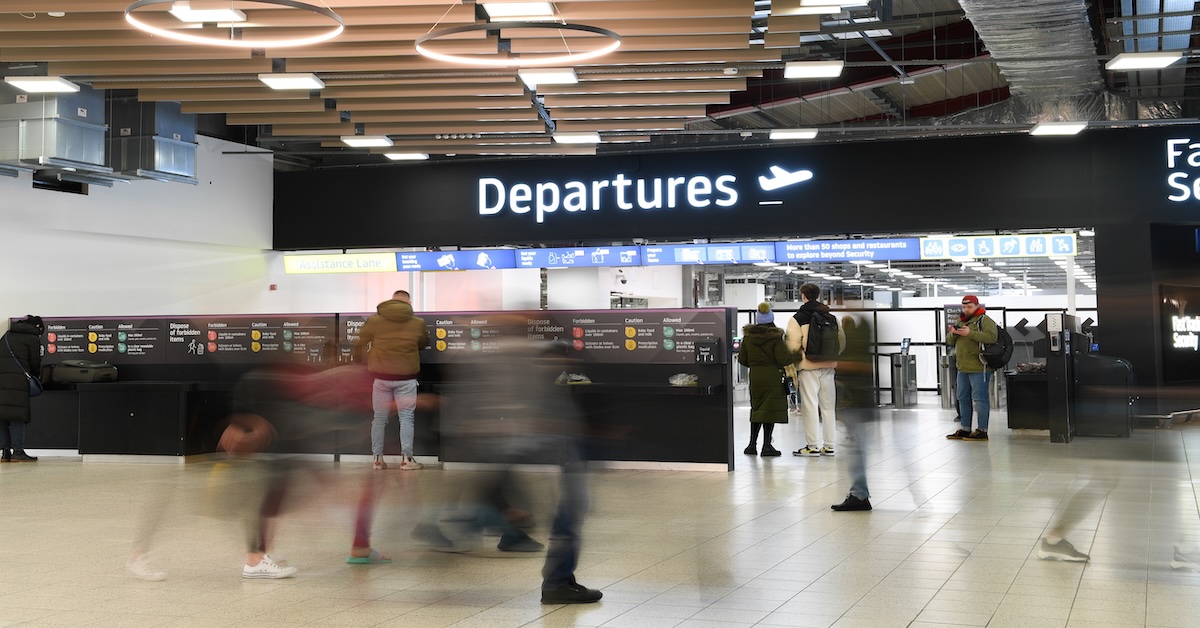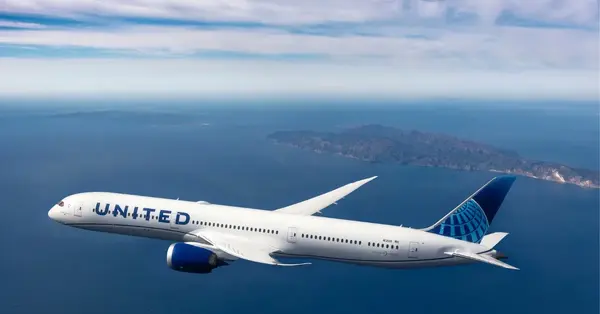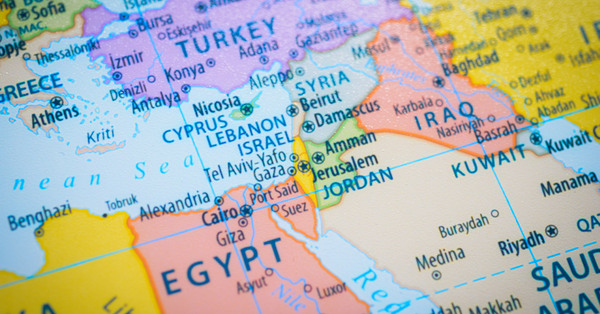You are viewing 1 of your 2 free articles
Etihad Airways ads banned over ‘misleading’ sustainability claims
Etihad Airways has been sanctioned by the advertising watchdog over “misleading” claims about its environmental credentials.
Two Facebook adverts seen last October were banned after the Advertising Standards Authority challenged whether they were misleading “because they exaggerated the environmental benefits of flying with Etihad”.
The ASA ruled: “We told Etihad Airways to ensure that their ads did not give a misleading impression of the impact caused by travelling with the airline and that robust substantiation was held to support them.”
It pointed out that the advertising code “required that absolute environmental claims must be supported by a high level of substantiation”.
One of the ads suggested the Abu Dhabi-based carrier was “taking a louder, bolder approach to sustainable aviation” because it “understood the impact flying had on the environment”.
But it gave no further context or explanation as to how “sustainable aviation” was being achieved, the ASA said.
Another paid for video on Facebook suggested Etihad was cutting back on single-use plastics while, flying the most modern and efficient aircraft which had a “smaller footprint”.
The ASA said: “However, we considered such qualifying information was material to consumers’ understanding of the claim, and without it being made clear in the initial text, consumers would understand the ‘sustainable aviation’ claim to be about Etihad’s whole business.”
The ASA acknowledged Etihad’s comments that the claim ‘sustainable aviation’ would be understood, especially in the aviation industry, as a long-term, multifaceted goal, which included their aspiration to reach “net zero” carbon emissions by 2050.
“However, we noted that the ads were aimed at the general public and not specifically at those in the airline industry and that neither ad mentioned Etihad’s desire to be ‘net-zero’ by 2050 or positioned the claim ‘sustainable aviation’ as a long-term aspiration,” the authority added.
“We acknowledged Etihad’s comments about the use of modern aircraft and flight practices to reduce emissions.
“We understood, however, that air travel continued to produce high levels of CO2 and non-CO2 emissions which were making a substantial contribution to climate change.
“We noted the further initiatives and targets Etihad said they were committed to delivering in pursuit of their stated goal but many of these initiatives were targeted to only deliver results years or decades into the future.
“Further to that, initiatives such as reducing single use plastics and using more efficient aircraft were not adequate substantiation to evidence a ‘sustainable aviation’ claim.”
The ASA “noted steps were being taken by Etihad to reduce the environmental impact of its service” but the authority “understood that there were currently no initiatives or commercially viable technologies in operation within the aviation industry which would adequately substantiate an absolute green claim such as ‘sustainable aviation’ as we considered consumers would interpret it in this context.
“We concluded, therefore, that the claim exaggerated the impact that flying with Etihad would have on the environment and the ads breached the [advertising] code.
The airline argued that the claim ‘sustainable aviation’ in adverts “was not intended to be understood as an absolute solution to the environmental impact from aviation” and it did not accept that they would be interpreted in that way.
Instead, Etihad said the claim “would be widely understood as a long-term and multi-faceted process, in which Etihad had included an aspiration to reach ‘net zero’ carbon emissions by 2050.”
The airline insisted that the term ‘sustainable aviation’ had been a “widely used and publicised term” in the aviation industry for a number of years and was used by the European Union Aviation Safety Agency (EASA).
The carrier told the ASA its sustainability strategy “focused on solutions to fast-track the transition to cleaner fuels, develop a carbon credits ecosystem locally and support strong standards globally, explore and develop emissions avoidance mechanisms through non-CO2 effects and engaging Etihad’s customers and stakeholders in supporting de-carbonisation”.


















